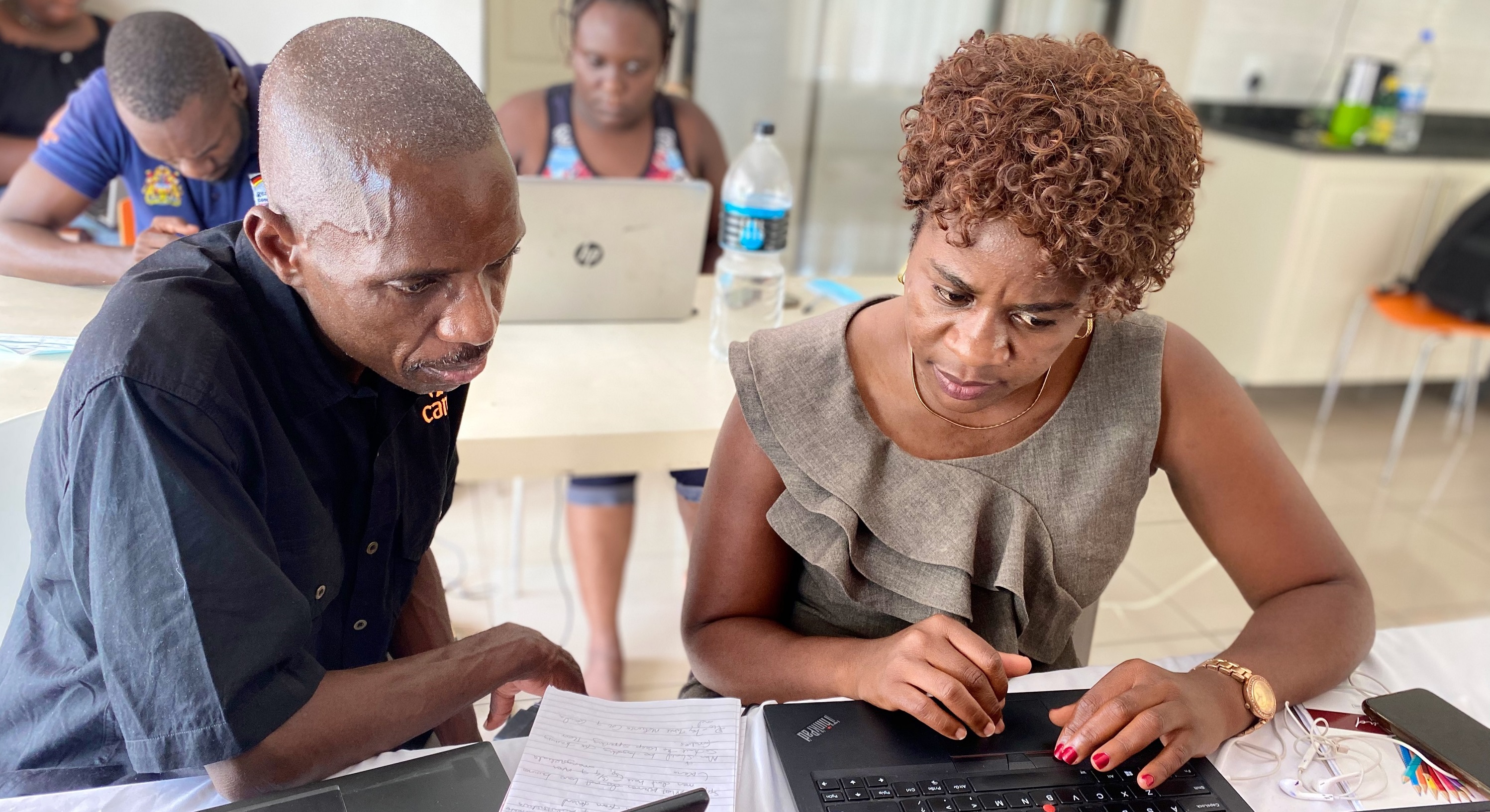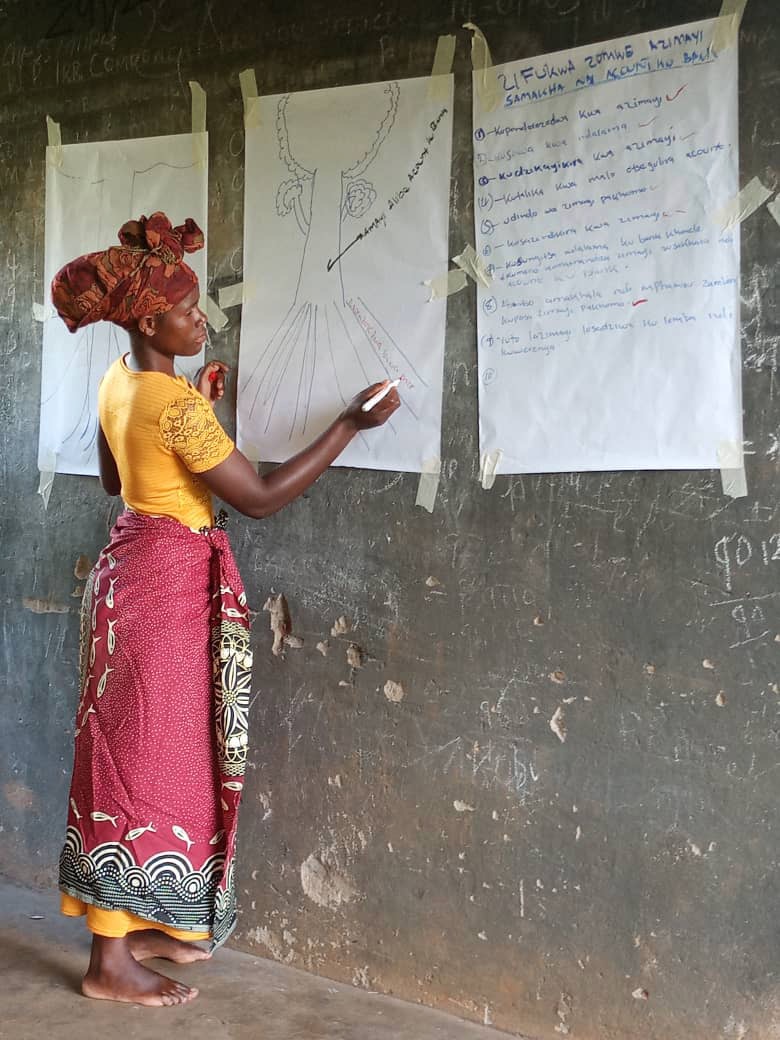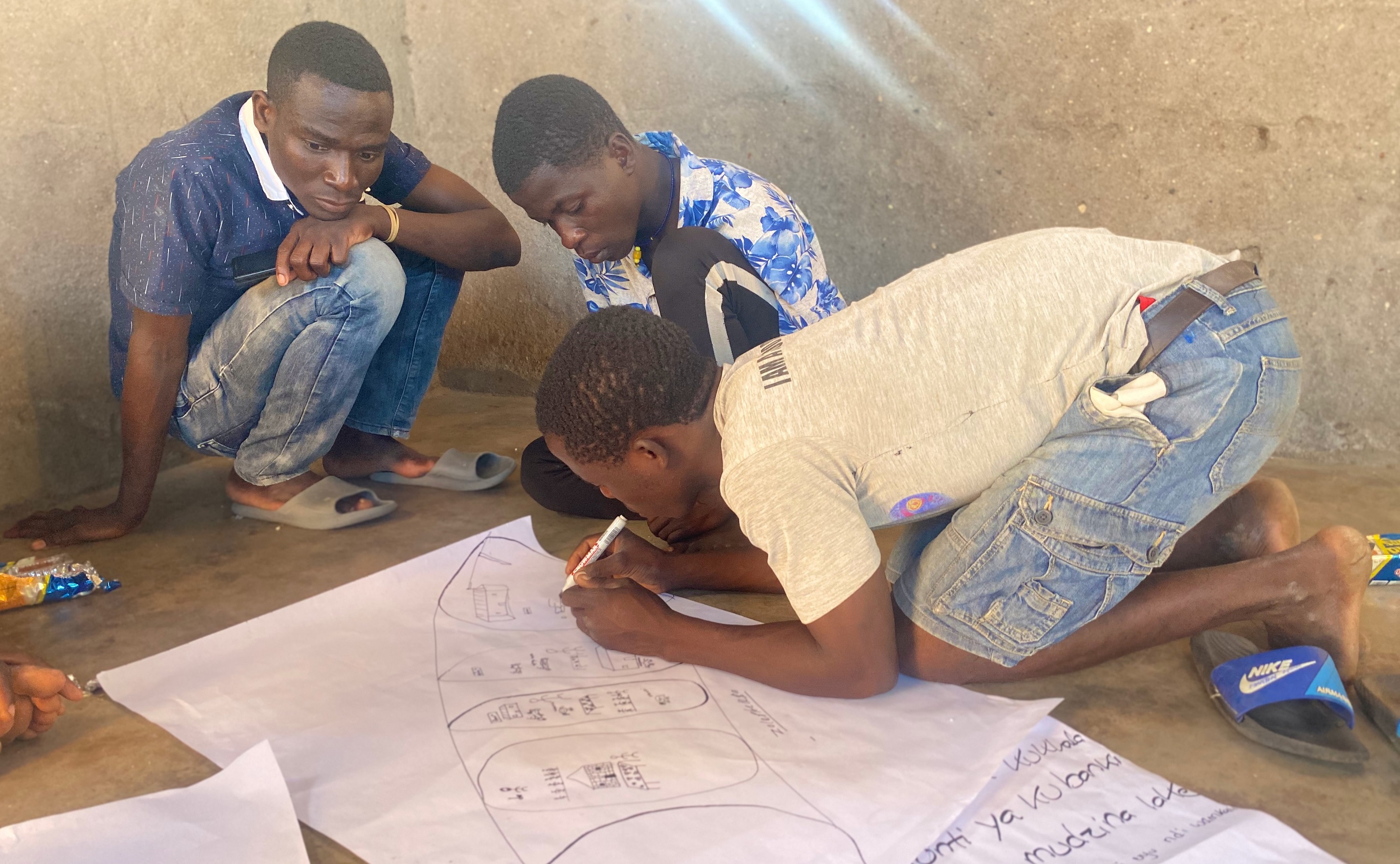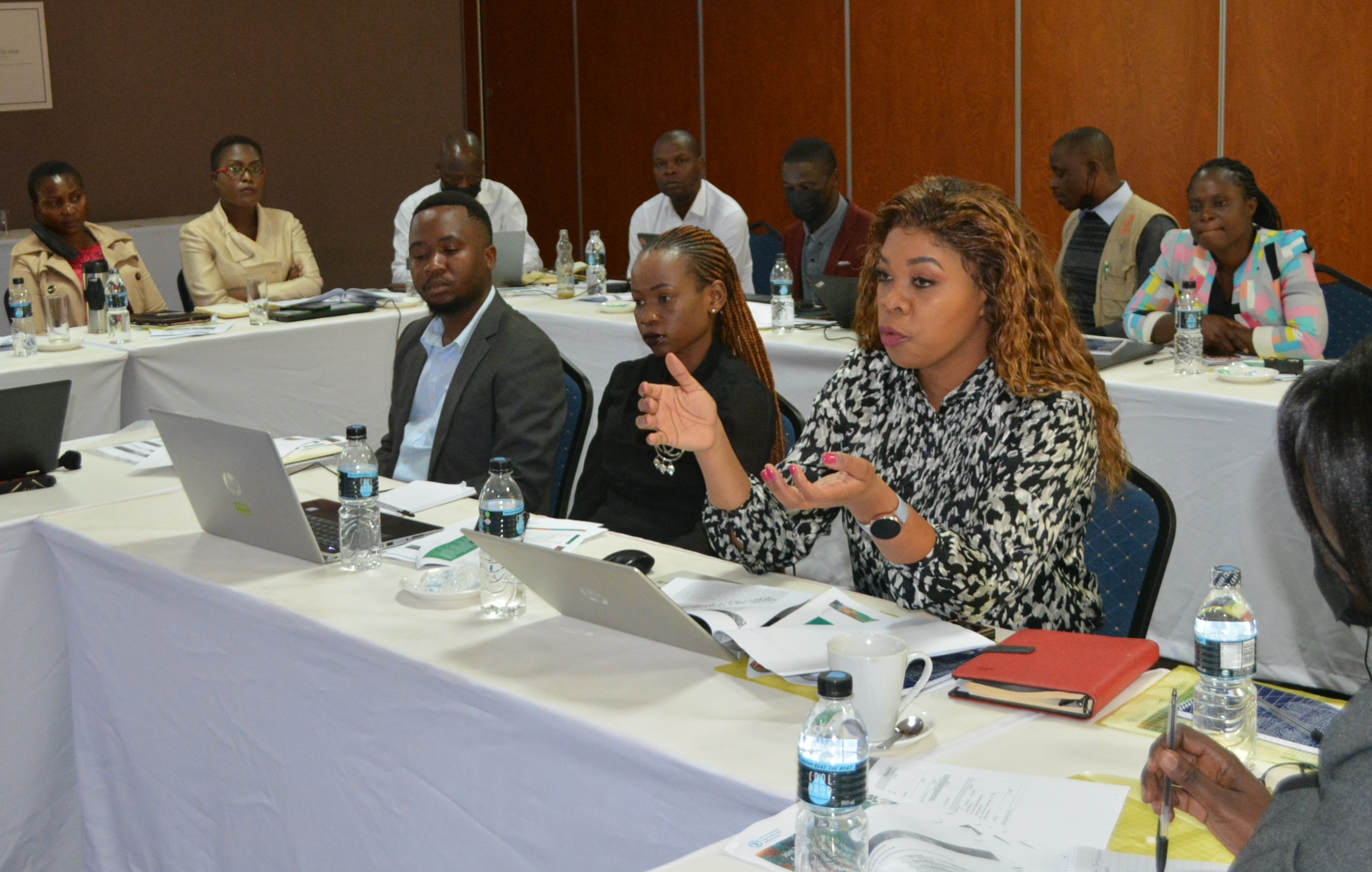Blog post: Key reflections on conducting gender norms diagnostic studies under the JP GTA
11 JULY 2024
Blog post written by Loïs Archimbaud, FAO Technical Advisory Committee member for the Joint Programme on Gender Transformative Approaches for Food Security and Nutrition (JP GTA)

Social norms, the informal codes of conduct or rules of behaviour, influence our daily lives in a myriad of seen and unseen ways. They take many forms, from waiting in line at the market, to the way we greet one another; from the tasks that society assigns to certain groups of people, to how these tasks are valued. Yet, despite their enormous influence, social norms, and gender norms in particular, are often overlooked in development interventions.
Between 2021 and 2023, FAO took part in the piloting of two gender norms diagnostic studies under the JP GTA. The two pilot studies were conducted in Ecuador and Malawi with the objective of identifying and understanding the gender norms that influence specific behaviours of interest for the interventions under the JP GTA in both countries. The JP GTA recently published summaries of the two studies, available here and here.
I was privileged to have the opportunity to provide technical support to both pilot studies, which were conducted in partnership with local NGOs and benefitted from the guidance and support of numerous colleagues from the United Nations Rome-based Agencies and other organizations.
Below are six key reflections based on my involvement in both studies, aimed at sharing my experience with others embarking on similar studies.
 1. Less is more – I highly recommend focusing on a limited number of behaviours of interest and geographical areas to investigate. My suggestion would be to select up to three behaviours and locations. This will allow for rapid assessments and for deeper dives into the social norms influencing the behaviours you have selected. It will also help ensure a light process and maintain a small research team.
1. Less is more – I highly recommend focusing on a limited number of behaviours of interest and geographical areas to investigate. My suggestion would be to select up to three behaviours and locations. This will allow for rapid assessments and for deeper dives into the social norms influencing the behaviours you have selected. It will also help ensure a light process and maintain a small research team.
2. Partner with relevant local stakeholders – Partnering with and relying on expertise from relevant local stakeholders and actors – such as, in our cases, the Ministry of Gender, district-level governmental representatives, financial service providers, producer organizations, and community members – proved effective in many ways. First, it helped understand the local context within which the studies took place. Second, it helped ensure relevance and accuracy of the studies within the local context. Third, it facilitated data collection and analysis. Finally, it contributed to the capacity building, institutionalization and buy-in of local stakeholders and actors.
3. Build capacity and provide continuous support – As it is unlikely that you will find local partners with existing expertise on gender norms assessments, starting off by building the capacity of the study team and relevant stakeholders is key. Equally important is the provision of continuous support throughout the study process. This will ensure a common understanding among the study team and relevant stakeholders of the key concepts, as well as the institutionalization of such assessments and their possible replication. In our case, the JP GTA also facilitated cross-study learning and exchange among the study teams from the two countries.
4. Seek guidance from experts – Conducting social norms assessments requires a good understanding of related concepts and tools. It can also be time-consuming and (human) resource-intensive. Thus, don’t hesitate to seek guidance from experts throughout the study process. The JP GTA and its partners benefited greatly from the support of specialists from the Passages Project at the Institute for Reproductive Health of Georgetown University and from CGAP/FinEquity to ensure that the study teams clearly understood the key concepts and that the studies were going in the right direction.
5. Engage participants and share back – Engaging with study participants and sharing back preliminary findings with relevant stakeholders is key to ensuring a participatory process and validating and disseminating the findings. Under the studies supported by the JP GTA, this was ensured through key informant interviews, focus group discussions and workshops at the community, district/cantonal and national levels with members and representatives of targeted communities and organizations, government, NGOs/CSOs, UN agencies, etc. In addition to informing the finalization of the studies, validation and dissemination workshops also served to initiate a reflection among the participants about the social norms identified, their consequences, and how to address them (solutions).
 6. Be flexible and open to learning – Last but not least, I suggest leaving room for adjustments and embracing new ways of working. In the context of the JP GTA, this entailed adjusting the methodology during the study planning process in Malawi and organizing additional sharing-back workshops at the district level. In Ecuador, following a recommendation by study participants, this meant that the time of the focus group discussion had to be adapted to the preference and availability of the study participants. Though challenging at first, this proved to enrich the process and results of both studies, and nurtured a strong involvement of the participants.
6. Be flexible and open to learning – Last but not least, I suggest leaving room for adjustments and embracing new ways of working. In the context of the JP GTA, this entailed adjusting the methodology during the study planning process in Malawi and organizing additional sharing-back workshops at the district level. In Ecuador, following a recommendation by study participants, this meant that the time of the focus group discussion had to be adapted to the preference and availability of the study participants. Though challenging at first, this proved to enrich the process and results of both studies, and nurtured a strong involvement of the participants.
In a nutshell, this fascinating and enriching process was not only very useful for programming purposes, but also for building partnerships, capacity and buy-in of all actors involved. Having accompanied this process from beginning to end, I believe that gender norms diagnostic studies offer a key starting point to design participatory and locally-tailored interventions aimed at shifting discriminatory norms and practices for gender equality and better development outcomes.
Image credits: © FAO / Billy Molosoni
Contacts:
- Loïs Archimbaud, Technical Advisor on Gender Transformative Approaches: [email protected]
- [email protected]







